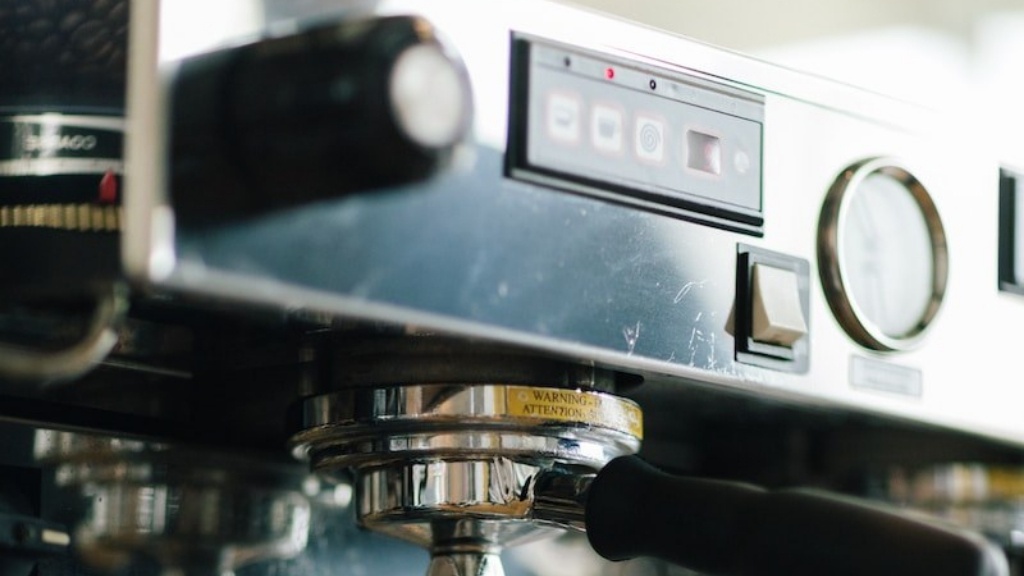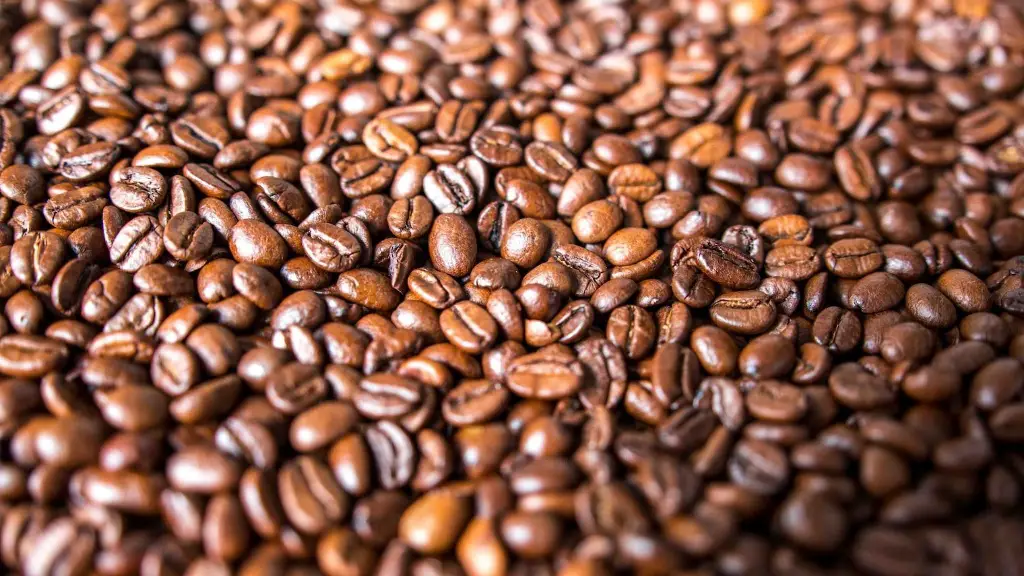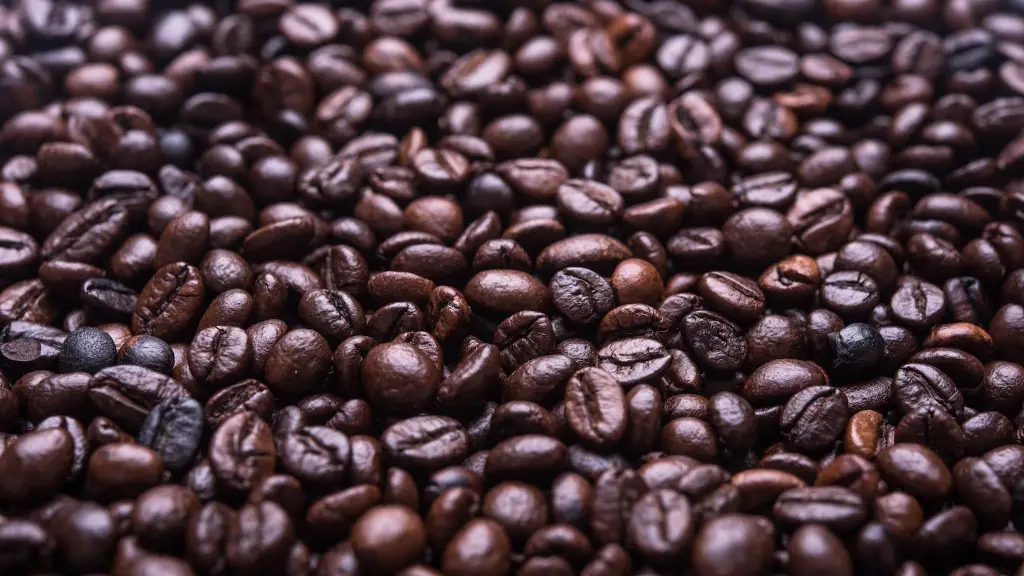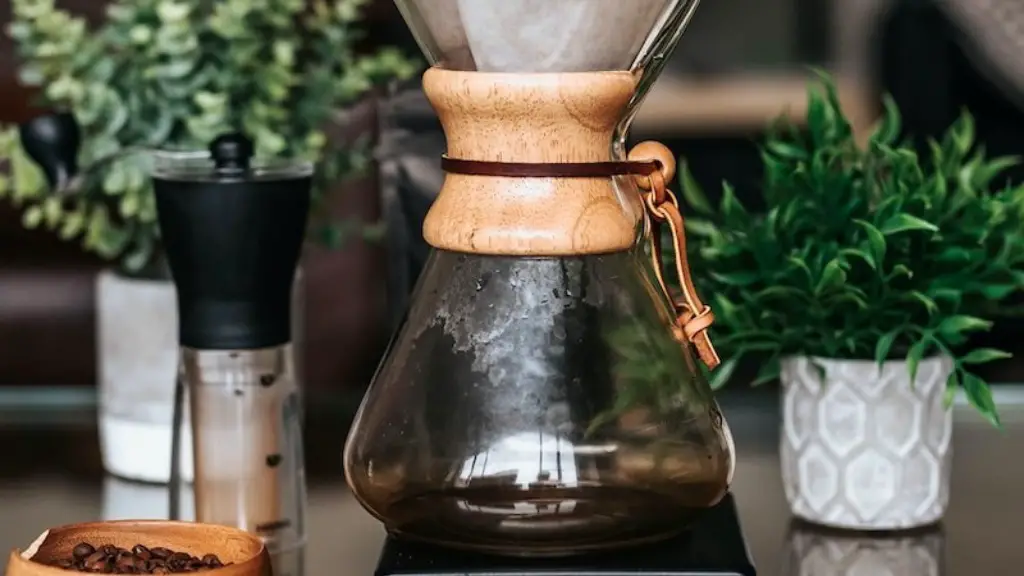Coffee has always been a beloved drink, especially among adults. But how much coffee can a 12 year old safely drink? To answer, it’s important to first understand how coffee affects people at different ages.
Caffeine is the active ingredient in coffee. In adults, it has stimulating properties, aiding alertness and performance. However, for children and adolescents, the stimulatory effects are more pronounced, which can have adverse effects on sleep and attention. Too much caffeine can cause feelings of agitation, restlessness and even irritability. Even if caffeine consumption from coffee is relatively moderate and healthy for adults, this amount can already be too high for children.
According to the American Heart Association, children and adolescents are recommended to limit caffeine consumption to no more than 100 milligrams. While this amount may not seem excessive, it can easily add up: a small, 12-ounce cup of coffee typically contains around 95 milligrams of caffeine. Therefore, even a single cup of coffee could exceed the recommended amount in a 12-year-old child.
Moreover, coffee consumption can have more subtle yet no less important effects. The palatability of coffee can create a habit of imbibing coffee in larger amounts. Whether it’s sweet coffee creamer, sugar, unhealthy flavorings, or even simple pleasure in the taste itself, a habit could develop that could cause the intake of coffee to exceed the recommended safe amount.
It’s important to remember that 12 year olds are still growing and learning, and coffee is a stimulant and should be treated as such. While some 12 year olds may be able to handle a cup of coffee without issue, it would be best to be cautious due to the wide variety of individual experience. Moreover, getting into the habit of drinking too much, too often can have serious health effects in the long run.
What official standards apply?
The official standards, which have been implemented for the amount of caffeine that is appropriate for different ages, respect national and international Food Code regulations. This code states that the recommended safe amount for a 12-year-old is no more than 100 mg/day. This is less than half of the 400 mg/day set for healthy adults by the US Food and Drug Administration, and is about equivalent to one 12-ounce cup of coffee.
However, it is important to note that caffeine levels can vary greatly depending on the type of drink. For instance, an average cup of soda can contain anywhere from 35-45 mg of caffeine. Compared to regular drip coffee, which can contain as much as 145 mg of caffeine per 8-ounce cup, regular sodas may appear less risky. But even sodas can contain a significant amount of caffeine: around three times the amount of a similar sized can of tea.
In addition to beverages, caffeine can also be found in certain energy supplements, such as pills, powders, capsules, and liquids. The concentrations of caffeine vary widely between products and releases, but they often contain more caffeine than the 100mg/day limit set by the Food Code. Thus, it is important to keep an eye on supplements when assessing the safety of a 12-year-old’s caffeine intake.
What are the potential risks for 12 year olds?
The risk of caffeine consumption for a 12-year-old goes beyond simply sleep deprivation. Indeed, caffeine consumption has been associated with potential adverse health effects in pre-teen and teenage children, such as lower bone density and increased risk of bone fractures. This is especially the case when a steady habit of coffee consumption is established early in life. As children grow, the body’s metabolism changes with time, which can lead to an increase in caffeine sensitivity.
Moreover, caffeine consumption in children and adolescents has been associated with an increased risk of developing an addiction to coffee. Caffeine has been linked to increased stress and anxiety, as well as feeling ‘addicted’ to coffee. This addiction may develop if they become too dependent on their daily dose of caffeine.
Finally, caffeine consumption in youngsters can sometimes increase the risk of hypertension, or high blood pressure. This is especially the case when the consumption of coffee is combined with the consumption of sugary drinks or energy drinks, which can further increase the risk of hypertension.
What should parents do?
Parents should remember that 12 year olds can metabolize caffeine differently than adults. While it might be perfectly safe for them to enjoy a cup of coffee occasionally, it’s important to remember that too much of it can have adverse effects. Parents should keep an eye on their children’s caffeine consumption to ensure that it is in the recommended range and comes from a wholesome source.
There are some things parents can do to reduce the chances of their children’s caffeine intake growing beyond healthy levels. This includes drinking decaffeinated options when available and encouraging children to get enough sleep and exercise. In addition, parents should make sure their children understand the potential risks of caffeine consumption and how to make informed decisions.
Are there any recommendations or tips?
One of the most important tips parents should pass on to their children is understanding how the amount of caffeine in each drink varies. For instance, while a can of soda typically contains 35 to 45 milligrams of caffeine, some energy drinks and espresso-based drinks can contain up to 145 milligrams of caffeine. Knowing the potential amounts can help children make informed decisions on their caffeine consumption.
In addition, parents should remember that caffeine is not the only factor when it comes to alertness. Proper nutrition and adequate sleep are important for proper focus and concentration for children and adolescents. Adequate sleep has been linked to improved concentration, reduced risk of obesity, and improved overall mental health.
Keeping track of their children’s daily caffeine intake is important. With this said, it is important to remember that a single cup of coffee may exceed the recommended amount for a 12-year old. That being said, parents can use this information to regulate their children’s caffeine consumption in a safe, healthy way.
What kind of alternatives are available?
Although coffee is often a preferred drink for adults, children of all ages have plenty of other beverages to choose from. Some good alternatives to coffee for children include herbal tea, decaf tea, decaf coffee, and hot chocolate. All these drinks can provide a pleasant taste and warmth without packing the same amount of caffeine as an average cup of coffee.
In addition, juices and sports drinks may provide similar amounts of caffeine than coffee. While juices may provide some health benefits, they can also contain higher levels of sugar, which can increase a child’s risk of adverse health effects. Sports drinks, on the other hand, are often formulated with electrolytes, but can also contain carbohydrates and other additives that can easily add calories if not watched carefully.
Parents should aim to provide a variety of healthy options for their children. This includes nutritionally balanced snacks, affordable and nutritious meals, as well as adequate hydration. Fruits and vegetables can help children meet their body’s needs for vitamins, minerals, and dietary fiber.
What would be the best way to go?
Ultimately, the best way to ensure a healthy caffeine intake in a 12-year-old is moderation. Parents should remember that coffee consumption should not replace more important sources of nutrition, such as from eating a balanced diet rich in vegetables and fruit. An occasional cup of joe is definitely ok, but it is important to remember that children metabolize caffeine differently and as such, the amount should be judiciously monitored.
In addition, it is important to educate children about the effects of caffeine and how it can affect their overall health and wellbeing. This way they can make informed decisions when it comes to coffee consumption. Parents can also opt to serve decaffeinated and low-sugar coffee options, such as decaffeinated coffee or hot chocolate.
Take-aways
To conclude, caffeine consumption in a 12-year-old can have both short-term and long-term effects on their health. Therefore, it is important to be mindful of the quantity and type of beverages that children consume. Parents should remember that the official safe amount for a 12-year-old is no more than 100mg/day, and should take steps to ensure that their children stay within this limit. Coffee and other caffeine-containing beverages should not replace more important sources of nutrition, such as from a healthy and balanced diet. And remember to educate children about the effects of coffee consumption so that they can make informed decisions.





